What the Skin Barrier Is and How to Care for It
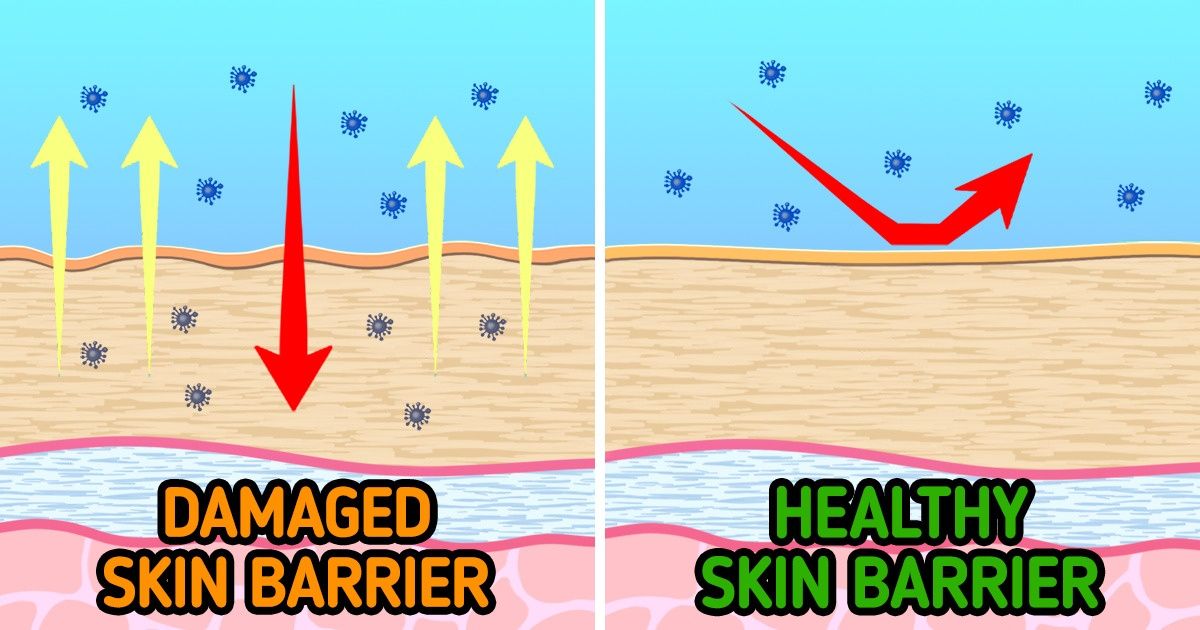
The skin is our body’s largest organ, and it protects us from the outside world every single day. It’s made up of several layers — each serving its own function and purpose. The outermost layer being the one that is referred to as the skin barrier.
5-Minute Crafts will now tell you all about this skin layer and how to care for it.
1. What the skin barrier is
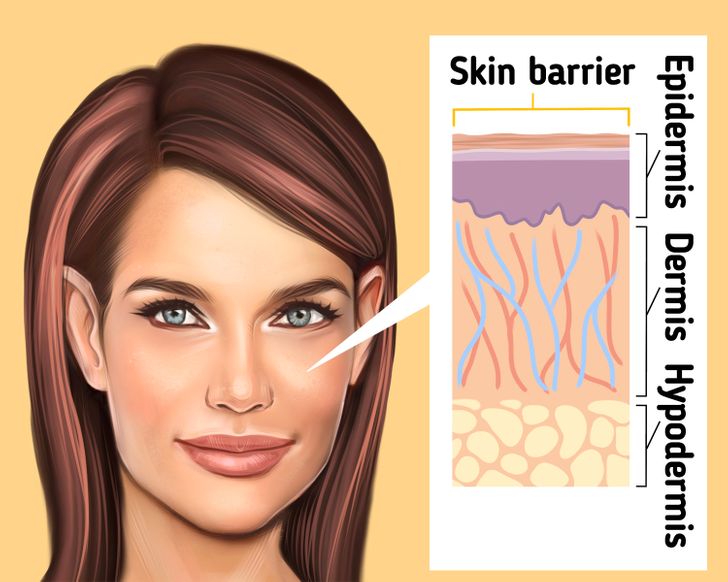
Your skin has 3 layers — the hypodermis, the dermis, and the epidermis (also known as the stratum corneum or the skin barrier). The skin barrier is made up of skin cells that are glued together by lipids, sort of like a brick wall, with the lipids being the mortar that binds all the bricks together.
2. Why it’s important to keep the skin barrier healthy
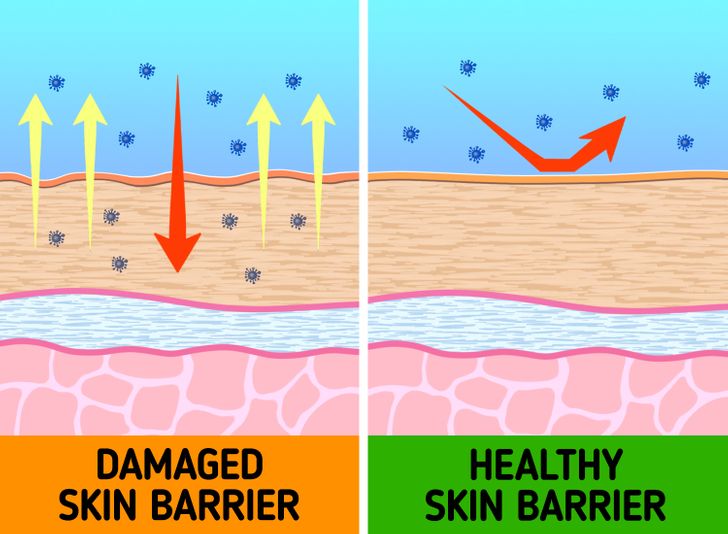
This skin layer keeps water inside the body and it’s essential to everyone’s health, so keeping it in good condition is key. If the skin barrier is not functioning properly, all kinds of toxins and organisms from the environment could get through and cause other issues in your body.
3. What can damage the skin barrier
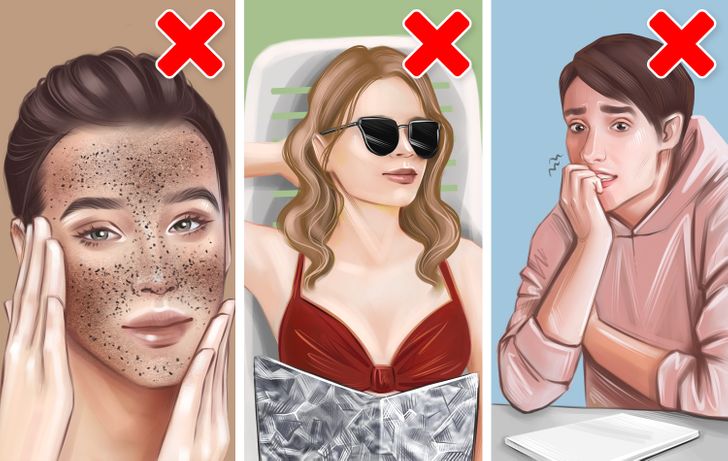
Naturally, the skin barrier deals with both external and internal factors on a daily basis, and these can cause some damage. Examples include:
- Extremely humid or dry environments
- Sun exposure
- Stress
- Over-exfoliation
- Certain skin conditions like eczema
4. How to tell if your skin barrier is damaged

When the stratum corneum is impaired and not functioning the way it should, you can experience a variety of skin symptoms, such as:
- Dryness
- Scaling
- Sensitivity
- Inflammation
- Itchiness
5. How to restore your skin barrier
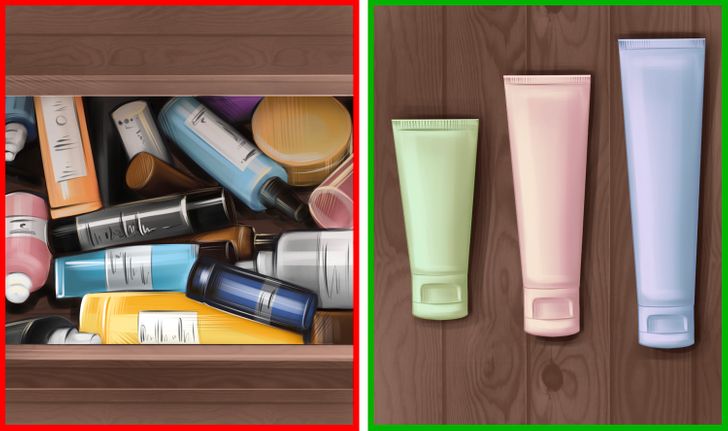
If you notice your skin suddenly having any of the symptoms mentioned above, it’s a good idea to take a step back and focus on repairing and protecting your skin barrier. Here are some tips:
- Simplify your skincare routine — using too many products on a consistent basis can weaken the skin barrier
- Use a gentle, pH-balanced cleanser
- Apply moisturizer to damp skin
- Pay close attention to how you exfoliate your skin, as it may be too irritating
- Look for products that contain ceramides, glycerin, hyaluronic acid, and petrolatum — all these ingredients aid in barrier repair